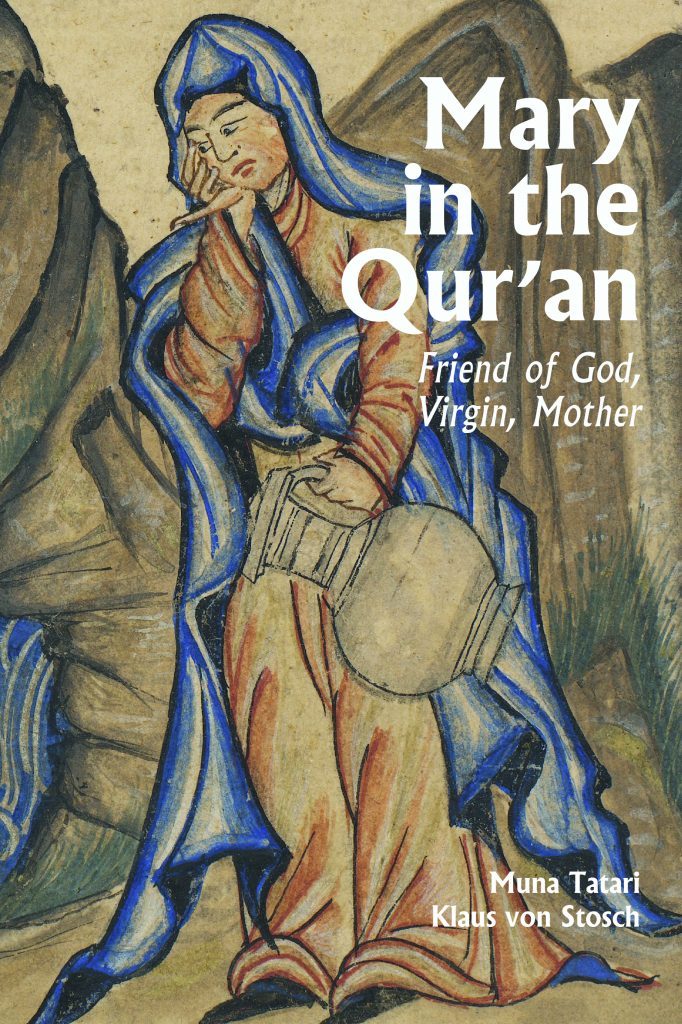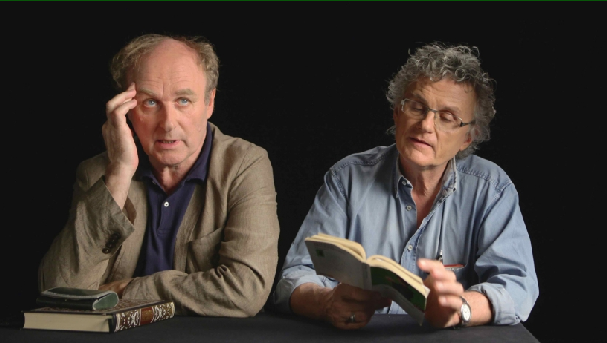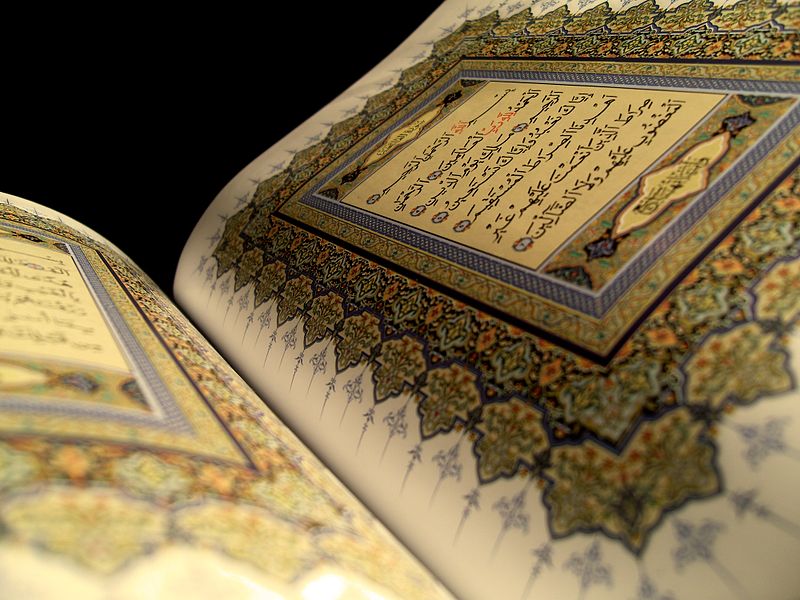New Publication: ‘Mary in the Qur’an—Friend of God, Virgin, Mother’
 An entire surah of the Qurʾan bears her name. She is the only woman mentioned by name in the Qurʾan. After Moses, Abraham, and Noah, Mary is also the person most frequently named in the Qurʾan; in other words, her name appears more frequently than those of either Muhammad or Jesus. She is portrayed in the Qurʾan with great respect and reverence, both as the mother of Jesus and as the equal of the male prophets who are found in its pages. The history of Islam is also replete with examples of Mary being seen in a positive light. From the earliest times to the present day, Mary has continued to be held in high regard by Christians and Muslims alike. Thus, one would think that Mary would be a bridging figure to promote dialogue between these two world religions, but in fact she has been the cause of much rancour and tension. She has even been turned into a protagonist for imperialist policies and something like a goddess of war.
An entire surah of the Qurʾan bears her name. She is the only woman mentioned by name in the Qurʾan. After Moses, Abraham, and Noah, Mary is also the person most frequently named in the Qurʾan; in other words, her name appears more frequently than those of either Muhammad or Jesus. She is portrayed in the Qurʾan with great respect and reverence, both as the mother of Jesus and as the equal of the male prophets who are found in its pages. The history of Islam is also replete with examples of Mary being seen in a positive light. From the earliest times to the present day, Mary has continued to be held in high regard by Christians and Muslims alike. Thus, one would think that Mary would be a bridging figure to promote dialogue between these two world religions, but in fact she has been the cause of much rancour and tension. She has even been turned into a protagonist for imperialist policies and something like a goddess of war.
Forthcoming from Gingko Library, this groundbreaking study by Muna Tatari and Klaus von Stosch painstakingly reconstructs the picture of Mary that is presented in the Qurʾan and shows how veneration of the Blessed Virgin Mary in the Roman Catholic Church intersects and interacts with the testimony of the Qurʾan. This sensitive and scholarly treatise is an important contribution to constructive interfaith dialogue in the 21st century.
Preorder this book now at https://www.gingko.org.uk/title/mary-in-the-quran/!
About the Authors
Muna Tatari read Islamic Studies and Theology at the universities of Hamburg and Amman. She is currently Professor of Islamic Systematic Theology at the University of Paderborn.
Klaus von Stosch is Professor of Catholic Theology and Didactics and Chair of the Centre for Comparative Theology and Cultural Studies at the University of Paderborn.
Content Courtesy of the Gingko Library (gingko.org.uk)




